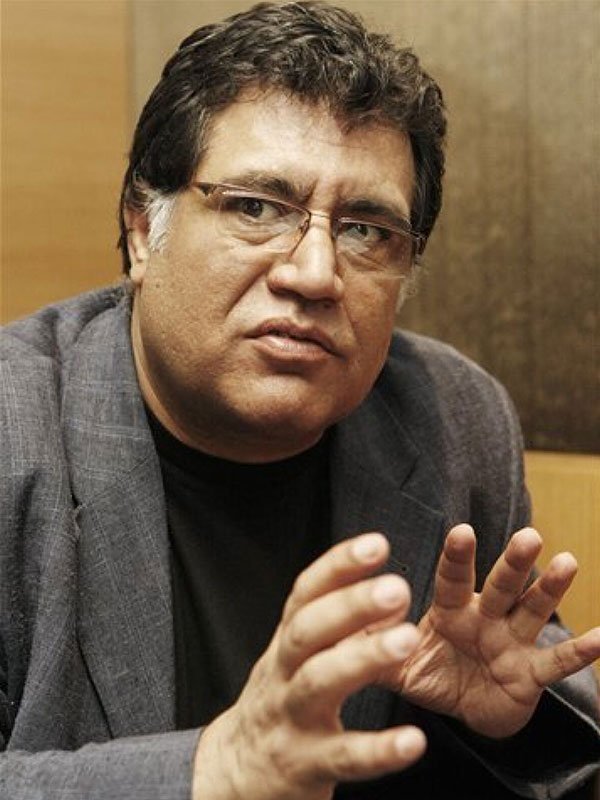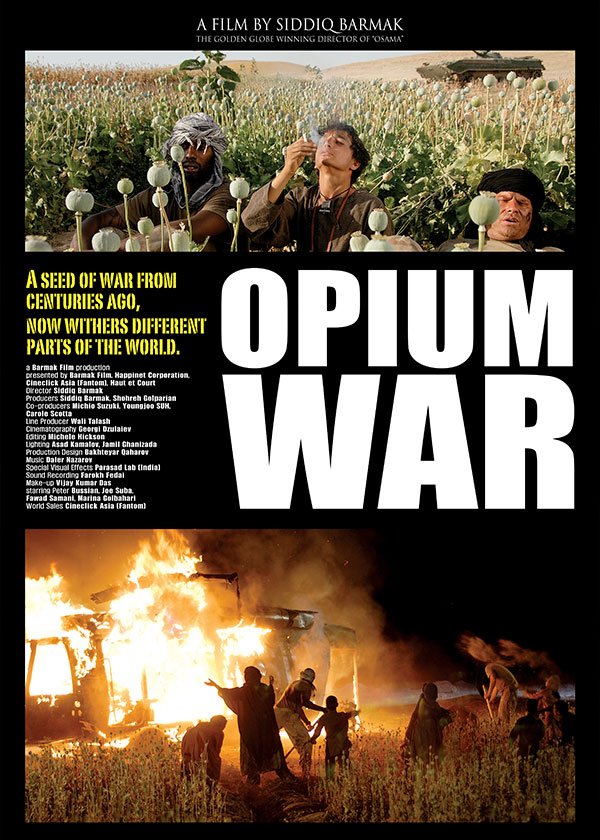Siddiq Barmak
Director, Writer
Siddiq Barmak (Born September 7, 1962) in Panjshir, Afghanistan, is a film director and producer. He received an M.A degree in cinema direction from the Moscow Film Institute (VGIK) in 1987. He has written a few screenplays and has made a few short films. His first feature film OSAMA, won the Golden Globe for Best Foreign Language Film in 2004. There is a stylistic echo in OSAMA featured in Afghan films by the Iranian Makhmalbaf dynasty; father Mohsen's Kandahar, and daughter Samira Makhmalbaf's At Five in the Afternoon, the latter also shot in post-Taliban Kabul.
Barmak directed OSAMA with significant funding and assistance from the elder Makhmalbaf. The Iranian director invested thousands of dollars in the film, lending Barmak his Arriflex camera and encouraging him to send the movie to international festivals, which eventually generated further funding from Japanese and Irish producers. Barmak received "UNESCO’s Fellini Silver Medal" for his drama, OSAMA, in 2003.

Siddiq Barmak
Director, Writer
Siddiq Barmak (Born September 7, 1962) in Panjshir, Afghanistan, is a film director and producer. He received an M.A degree in cinema direction from the Moscow Film Institute (VGIK) in 1987. He has written a few screenplays and has made a few short films. His first feature film OSAMA, won the Golden Globe for Best Foreign Language Film in 2004. There is a stylistic echo in OSAMA featured in Afghan films by the Iranian Makhmalbaf dynasty; father Mohsen's Kandahar, and daughter Samira Makhmalbaf's At Five in the Afternoon, the latter also shot in post-Taliban Kabul.
Barmak directed OSAMA with significant funding and assistance from the elder Makhmalbaf. The Iranian director invested thousands of dollars in the film, lending Barmak his Arriflex camera and encouraging him to send the movie to international festivals, which eventually generated further funding from Japanese and Irish producers. Barmak received "UNESCO’s Fellini Silver Medal" for his drama, OSAMA, in 2003.

Become a Member of the Persian Film Festival
Stay in the loop!
Sign up to the newsletter and be the first to hear all the latest news and announcements.
Acknowledgment to Country
We acknowledge Australia’s First Nations People as the Traditional Owners and Custodians of the land, and pay respect to the Gadigal people of the Eora Nation, upon whose Country the festival is based. We honour the storytelling and culture of Aboriginal and Torres Strait Islander communities across Australia.
© Copyright 2026 | Persian Film Festival | All Rights Reserved


